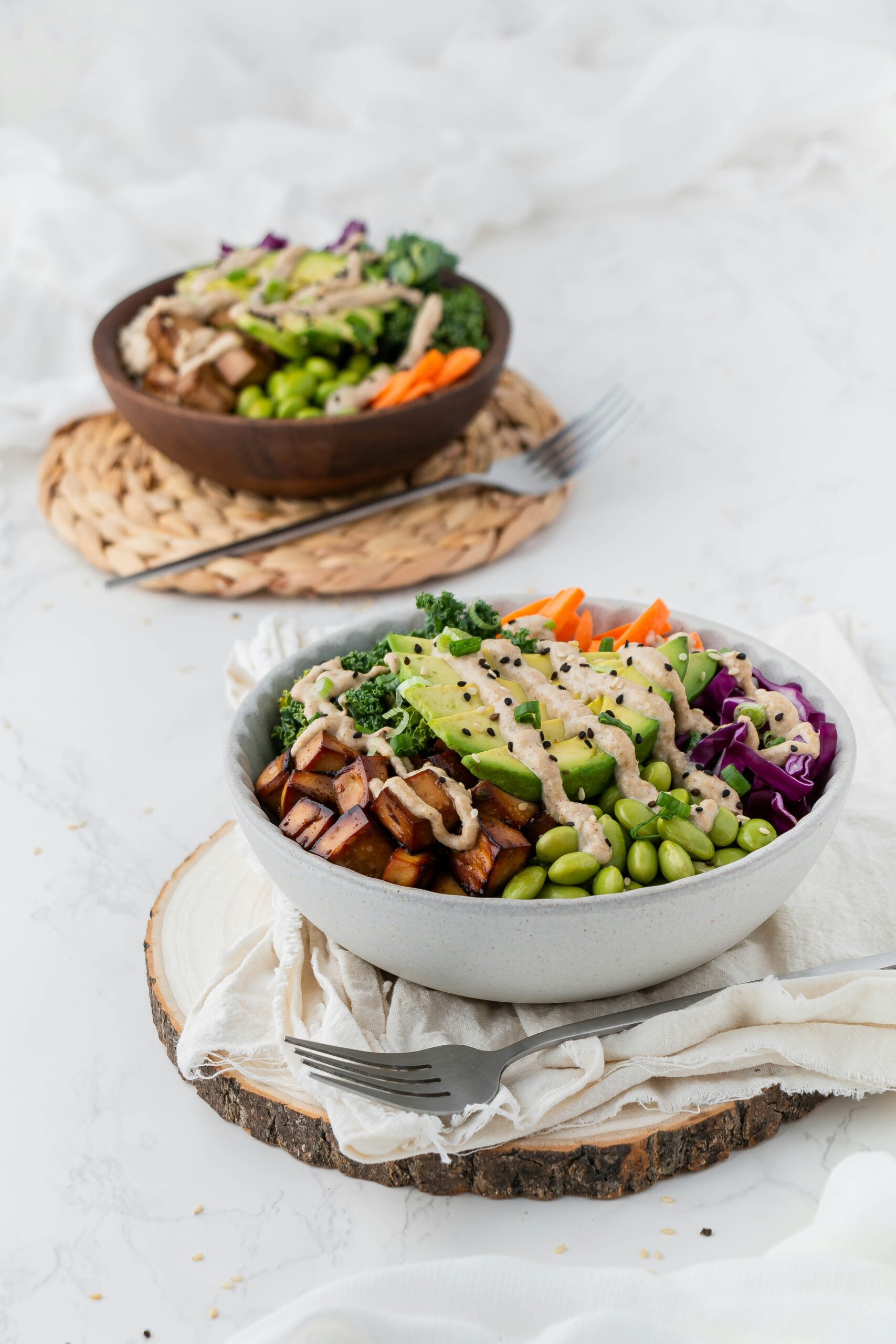
Ten Nutrition Hacks for a Busy Lifestyle
Managing a balanced diet can be challenging, especially when juggling a hectic schedule. However, by incorporating some smart nutrition hacks, you can maintain energy and health without sacrificing too much time.
Understanding the Challenge
Many people find themselves struggling to eat healthily due to time constraints. According to a survey by the International Food Information Council, nearly 50% of individuals say that convenience affects their food choices. This statistic highlights the importance of finding quick and nutritious solutions.
Ten Nutrition Hacks
- Meal Prep Like a Pro: Spend a couple of hours over the weekend preparing meals for the week. This not only saves time but also ensures you have healthy options available.
- Embrace Frozen Vegetables: They are just as nutritious as fresh ones and save you the hassle of chopping and washing.
- Choose Whole Grains: Opt for whole grain bread, pasta, and rice to keep you fuller longer and provide essential nutrients.
- Snack Wisely: Keep healthy snacks like nuts and fruits at hand to curb hunger between meals.
- Hydrate Smartly: Carry a reusable water bottle to ensure you’re drinking enough water throughout the day.
- Utilize Technology: Use apps to track your nutrition and plan meals.
- Leverage Leftovers: Transform leftovers into new meals to save time and minimize waste.
- Go for Lean Proteins: Incorporate lean proteins such as chicken, fish, or tofu to boost satiety.
- Mindful Eating: Take the time to savor each bite, which can help prevent overeating.
- Plan Your Grocery Trips: Create a shopping list to avoid impulse buys and ensure you have everything you need for the week.
Expert Insights
Nutritional experts suggest that simplicity is key. As registered dietitian Emma Williams notes, “Focusing on whole foods and simple meal preparations can greatly enhance nutrient intake without overwhelming your schedule.”
Personal Experience
Recently, I found success in meal prepping salads and lean proteins. Spending an hour on Sunday chopping vegetables and grilling chicken helped me avoid fast food during busy weekdays.
Comparison Table: Fresh vs. Frozen Vegetables
| Aspect | Fresh Vegetables | Frozen Vegetables |
|---|---|---|
| Availability | Seasonal | Year-round |
| Preparation Time | More time | Less time |
| Nutrient Content | High | High |
| Cost | Variable | Often cheaper |
| Storage Life | Short | Long |
| Convenience | Less | More |
| Cooking Flexibility | High | Moderate |
| Waste | Potentially more | Less |
FAQs
How can I ensure I’m getting enough vitamins?
Incorporate a variety of colorful fruits and vegetables into your meals to cover a broad spectrum of nutrients.
Are smoothies a good meal replacement?
Smoothies can be nutritious if they include a balance of proteins, fats, and carbohydrates, but they should not entirely replace meals.
What are some quick breakfast ideas?
Consider overnight oats, Greek yogurt with fruit, or a smoothie with spinach, banana, and nut butter.
Conclusion
Balancing nutrition with a busy lifestyle is achievable with careful planning and a few strategic choices. Implementing these hacks can lead to healthier habits and improved well-being. Start small, and gradually incorporate these tips into your routine for sustainable results.


